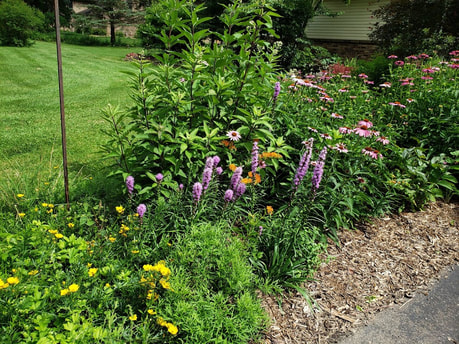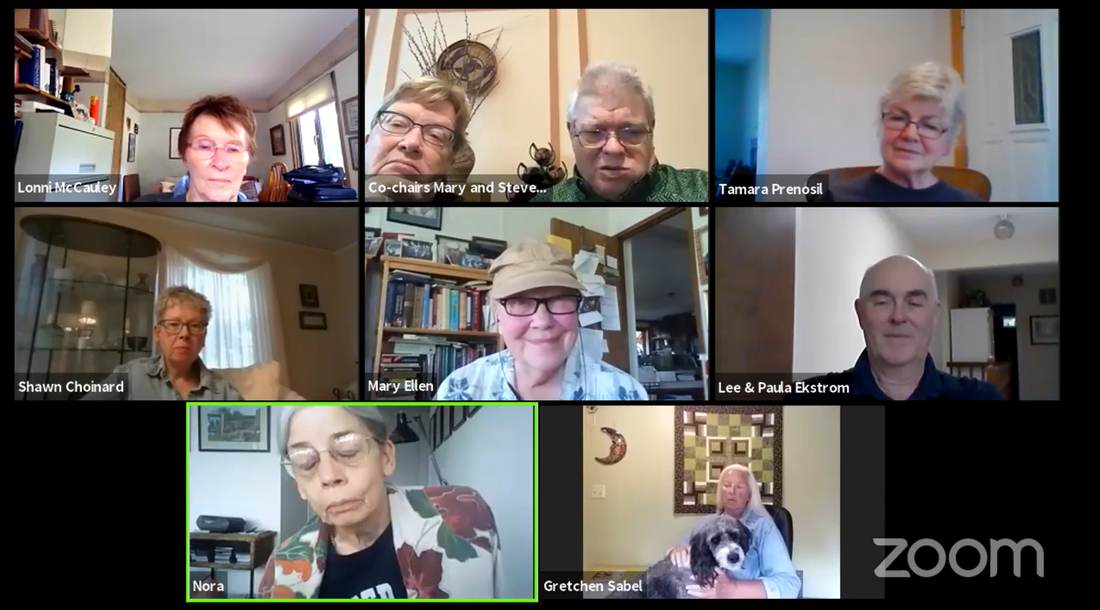|
The climate crisis demands action even as the COVID-19 health emergency is upon us. LWV Dane County has provided two conversations on how the hydrology of Madison has been altered by development. Climate change has exacerbated the problems. The programs were called "Revenge of the Marshes - Preserving the Wetlands that Protect Us". The first featured Kenneth Potter, water resource engineering and management expert and Professor Emeritus of Civil & Environmental Engineering at UW–Madison. Read more about Ken Potter. Dr. Potter explained the hydrology of the Madison area and how it's been altered. This was a very timely talk for Madison - the city was about to adopt a stormwater ordinance to being to address the problems. The stormwater management plan was adopted in early June after lengthy study. The Madison City Council unanimously approved new stormwater design rules that could raise costs for development but also help prevent a repeat of the devastating floods of 2018. According to an article in the Wisconsin State Journal, developers raised concerns about potential costs, meaning some projects might not happen, and asked local government to do its part to protect against flooding — such as managing lake levels and dredging to ensure water can efficiently pass through the Yahara River chain of lakes. Smart Growth Greater Madison urged a delay in implementation and asked the city to form a work group to lower the cost of development and offset an array of costs being imposed on projects. The League of Women Voters was among the groups who voiced strong support for the higher standards. Dr. Potter's presentation and the ensuing discussion is available at this link. The second part of the Revenge of the Marshes program featured guest speakers: Greg Armstrong, director of land management and environmental education, Holy Wisdom Monastery; Ralph Petersen, League member, atmospheric scientist with UW-Madison Space Science and Engineering Center and former NASA and NOAA scientist; and Gail Shea, League member and wetlands advocate. This session included discussion of past weather patterns in the area and the changes that have been observed. The video of this session is available at this link. Following the LWV UMRR Board Meeting on August 2, the assembled multitudes discussed the two sessions. This rich discussion was captured on Facebook Live and can be viewed at this link. If your League is looking for a way to have a good environmental discussion through a virtual meeting, this could be the way to go. Have people view the two videos independently and then gather for a discussion of what they heard and how it can be applied in your area. Madison has taken a big step with this stormwater management plan. Others can benefit from this.
0 Comments
Leave a Reply. |
| LWV Upper Mississippi River Region | UMRR blog |


 RSS Feed
RSS Feed